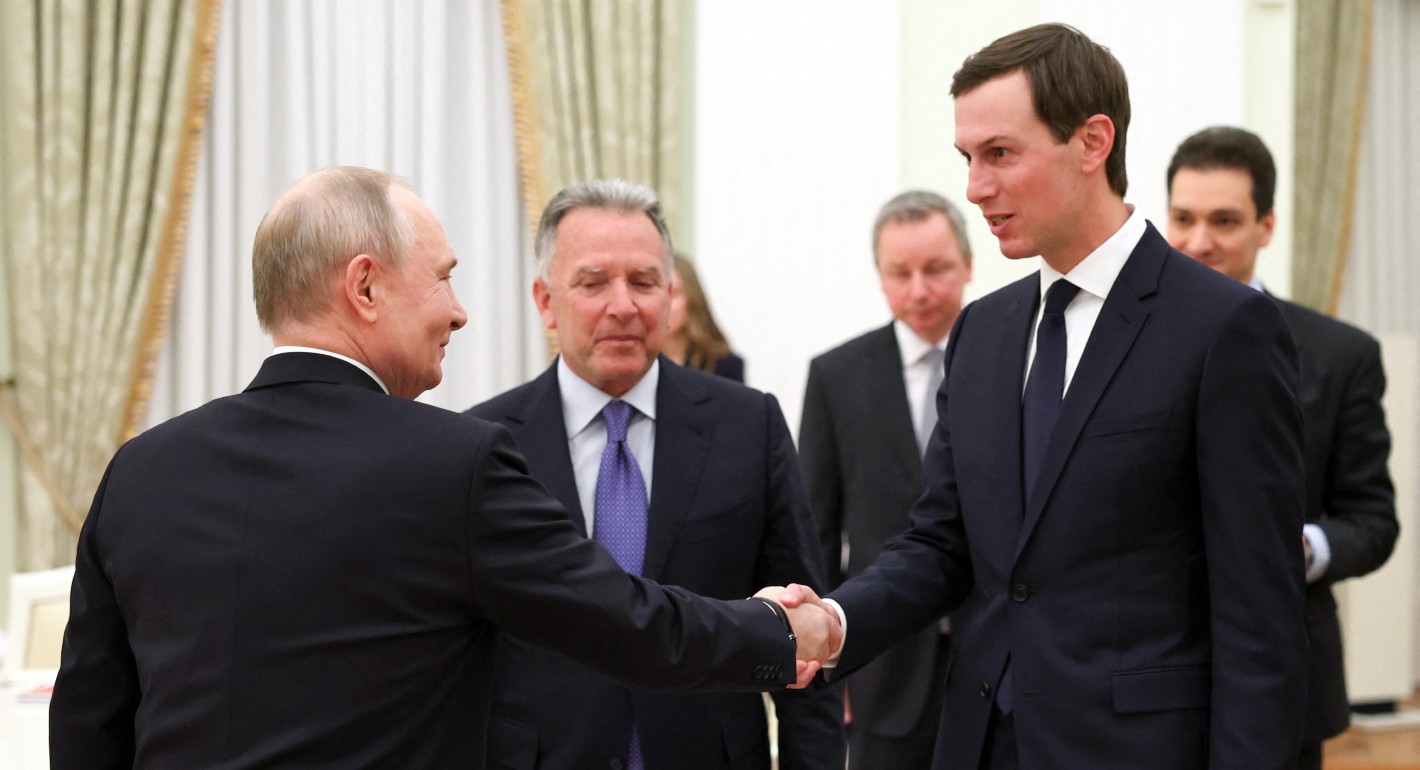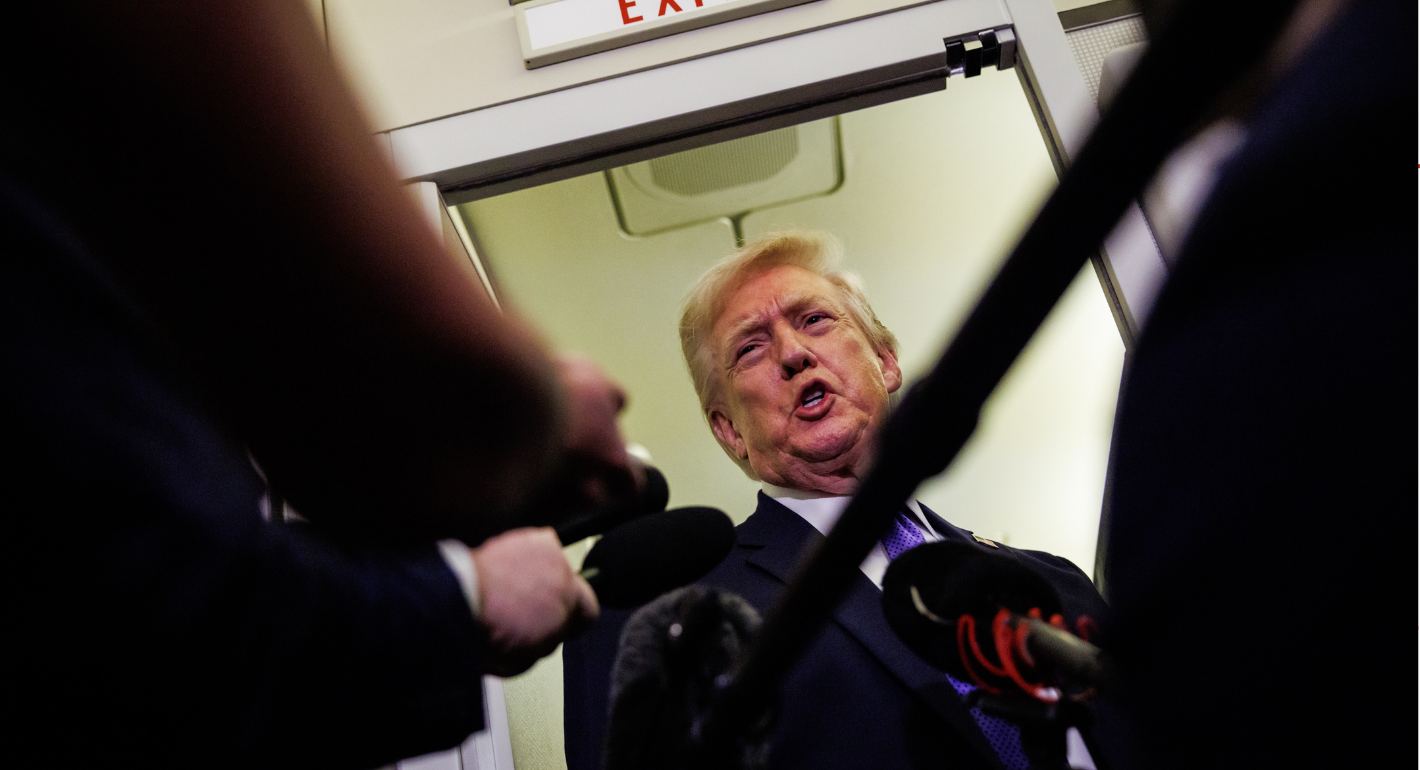A new Carnegie survey of Indian Americans examines shifting vote preferences, growing political ambivalence, and rising concerns about discrimination amid U.S. policy changes and geopolitical uncertainty.
- +1
Milan Vaishnav, Sumitra Badrinathan, Devesh Kapur, …














